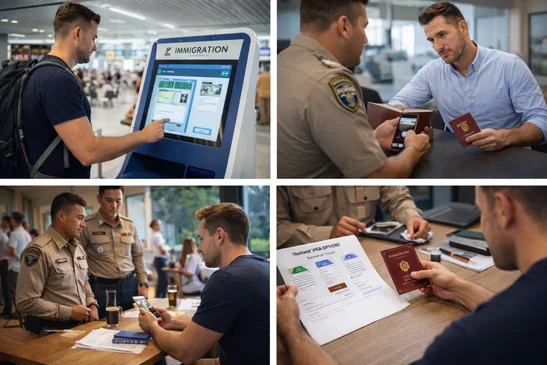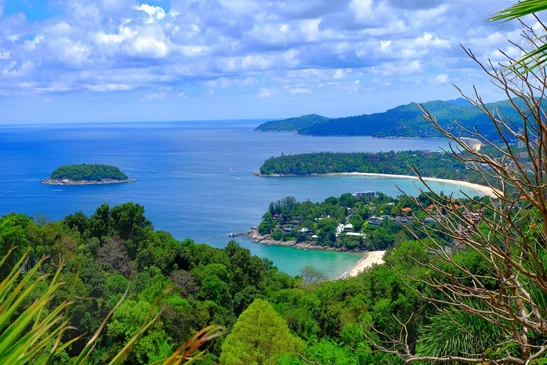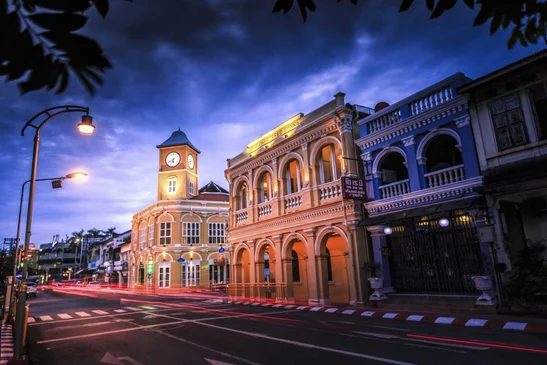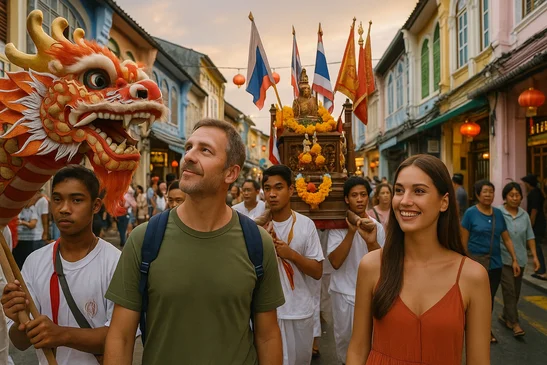During the times of Asanha Bucha and Buddhist Lent in Phuket, Thailand, people engage in various religious and cultural activities to observe these significant Buddhist occasions.
Asanha Bucha and Buddhist Lent are two distinct and significant Buddhist observances, often occurring around the same time in Southeast Asian countries. Let's explore each of them individually:
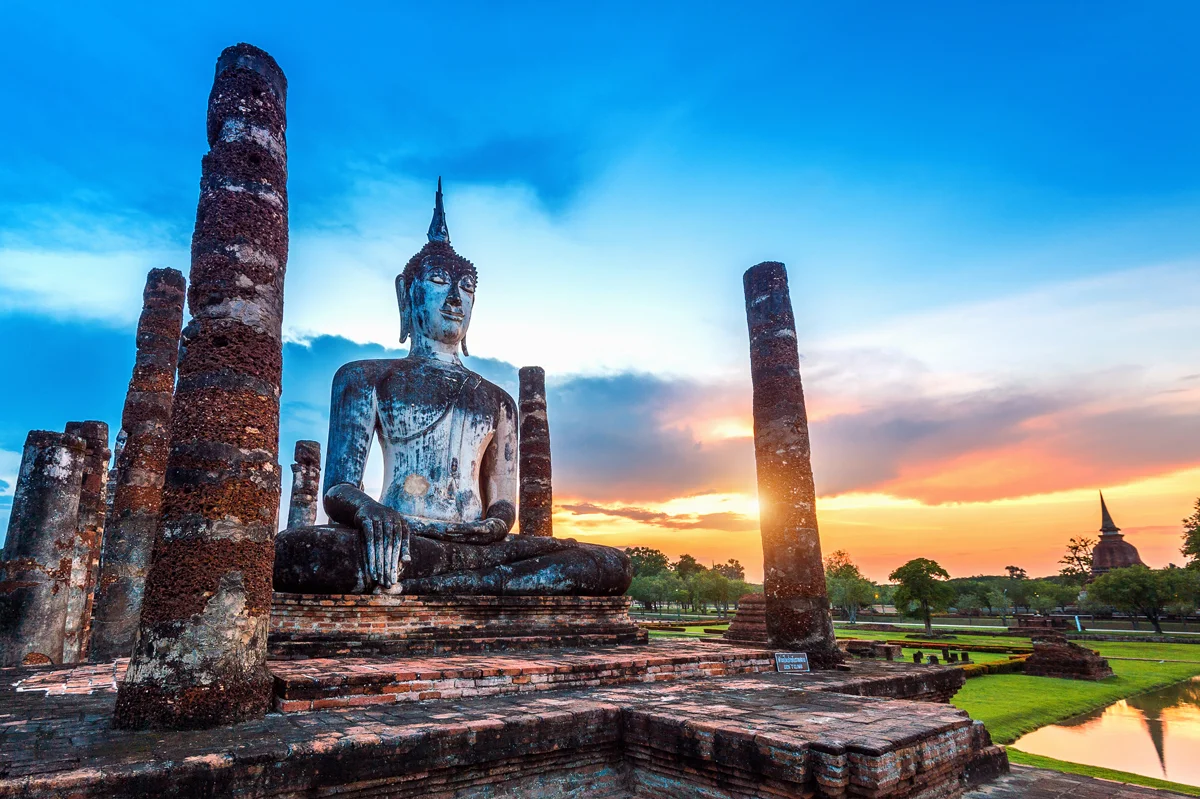
Credit: tawatchai07 from www.freepix.com
Asanha Bucha
Asanha Bucha, also known as Asalha Puja or Dharma Day, is an important Buddhist holiday celebrated on the fifteenth day of the waxing moon in the eighth lunar month, usually falling in July. The day commemorates two crucial events in Buddhism that occurred on the same day:
a. Buddha's First Sermon: On Asanha Bucha Day, Buddhists honor the day when Lord Buddha delivered his first sermon, known as the "Dhammacakkappavattana Sutta" or the "Turning of the Wheel of Dharma." This event took place at Deer Park in Sarnath, India, after Buddha attained enlightenment. In this sermon, he expounded the Four Noble Truths and the Eightfold Path, setting in motion the wheel of Buddhist teachings.
b. Founding of the Sangha: On the same day as the first sermon, five ascetics who had previously practiced with Buddha attained enlightenment and became the first five members of the monastic community, known as the Sangha. This event marks the establishment of the monastic order in Buddhism.
Asanha Bucha is a significant and revered holiday in Buddhism, and it is observed with various religious activities, visits to temples, offerings to monks, Dharma talks, and candlelit processions known as "Wian Tian."
Here's how the local community in Phuket typically celebrates Asanha Bucha:
- Visiting Temples: People visit local temples to make offerings to the monks and participate in religious ceremonies. They may bring flowers, incense, candles, and other items as offerings to pay respect to the Buddha and his teachings.
- Listening to Dharma Talks: Special Dharma talks and sermons are held at temples, where people gather to listen to Buddhist teachings and learn more about the significance of Asanha Bucha.
- Candlelit Processions: In the evening, candlelit processions called "Wian Tian" take place around temples. Devotees walk clockwise while holding candles, flowers, and incense as a symbolic gesture of reverence and gratitude to the Buddha.
- Practicing Meditation: Some individuals may take this time to deepen their meditation practice and reflect on the teachings of Buddhism.
- Making Merit: Buddhists in Phuket often use this occasion to engage in acts of merit-making, such as offering food to monks, making donations to temples, and performing acts of kindness and generosity.
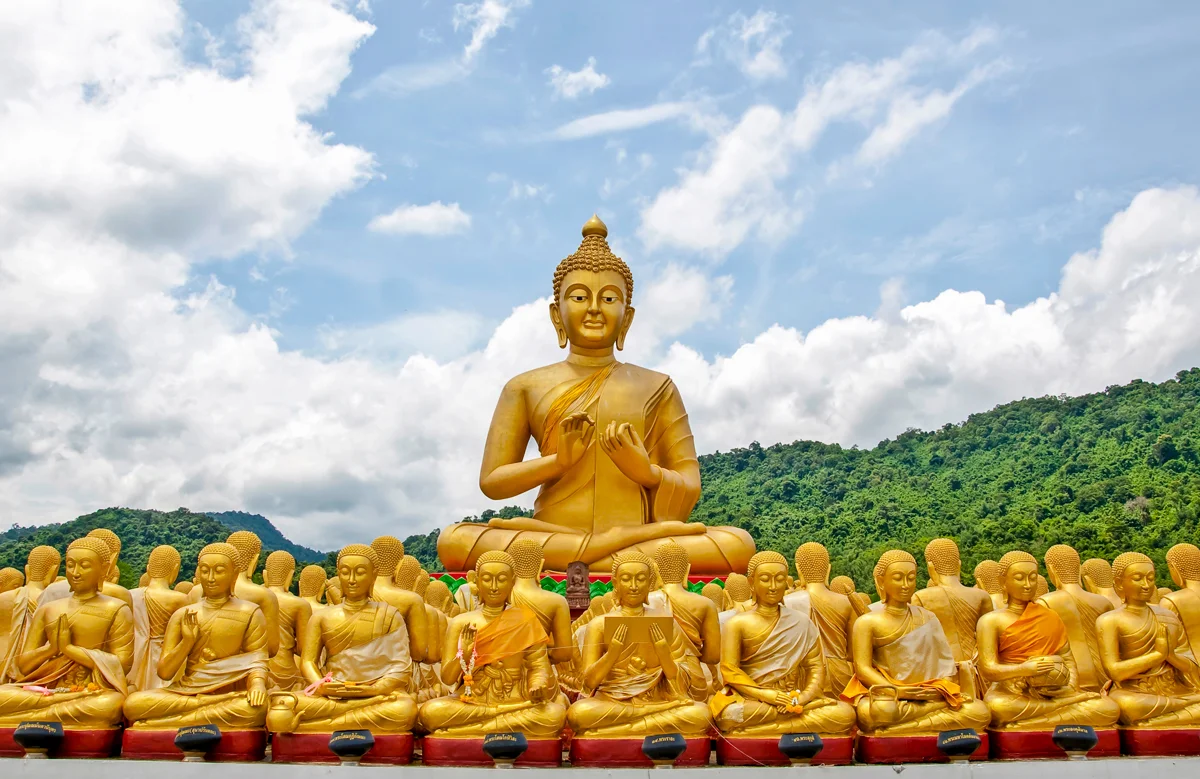
Credit: voraphong pirawd from www.vecteezy.com
Buddhist Lent (Vassa)
Buddhist Lent, also known as Vassa or Rains Retreat, is an annual three-month monastic retreat period observed in Theravada Buddhist countries. It starts on the first day of the waning moon in the eighth lunar month, which is usually a day or two after Asanha Bucha, and lasts for three lunar months.
The origin of Vassa can be traced back to the time of the historical Buddha, Siddhartha Gautama, when ancient Indian monks faced difficulties during the rainy season while traveling and unintentionally harmed living beings due to the heavy rainfall. To prevent such harm, the Buddha instituted the tradition of Vassa, during which monks temporarily stay in one place, usually monasteries, to focus on spiritual practice and avoid disturbing the environment and living creatures.
During the Vassa period, monks intensify their meditation, study of Buddhist scriptures, and reflection, while lay Buddhists also engage in religious activities and support the monastic community through various acts of merit-making, such as offering alms and supporting the Sangha.
Here's how the local community in Phuket typically celebrate Buddhist Lent (Vassa):
- Offering Alms: Throughout the Vassa period, people continue to offer alms to monks in the morning as part of their daily routine. Monks rely on these alms for sustenance during their retreat.
- Supporting Monastic Community: Lay Buddhists may engage in activities to support the monastic community during the retreat. They may contribute to the upkeep of the temples, provide necessities for the monks, and participate in Kathina ceremonies at the end of Vassa by offering robes and other requisites.
- Engaging in Meditation and Spiritual Activities: During this three-month retreat, some individuals may take the opportunity to participate in meditation retreats and deepen their spiritual practice.
- Visiting Temples: Many people continue to visit temples during Vassa to receive blessings and participate in religious activities.
- Following the Five Precepts: During Vassa, individuals may take on additional precepts or reaffirm their commitment to following the Five Precepts (ethical guidelines) of Buddhism.
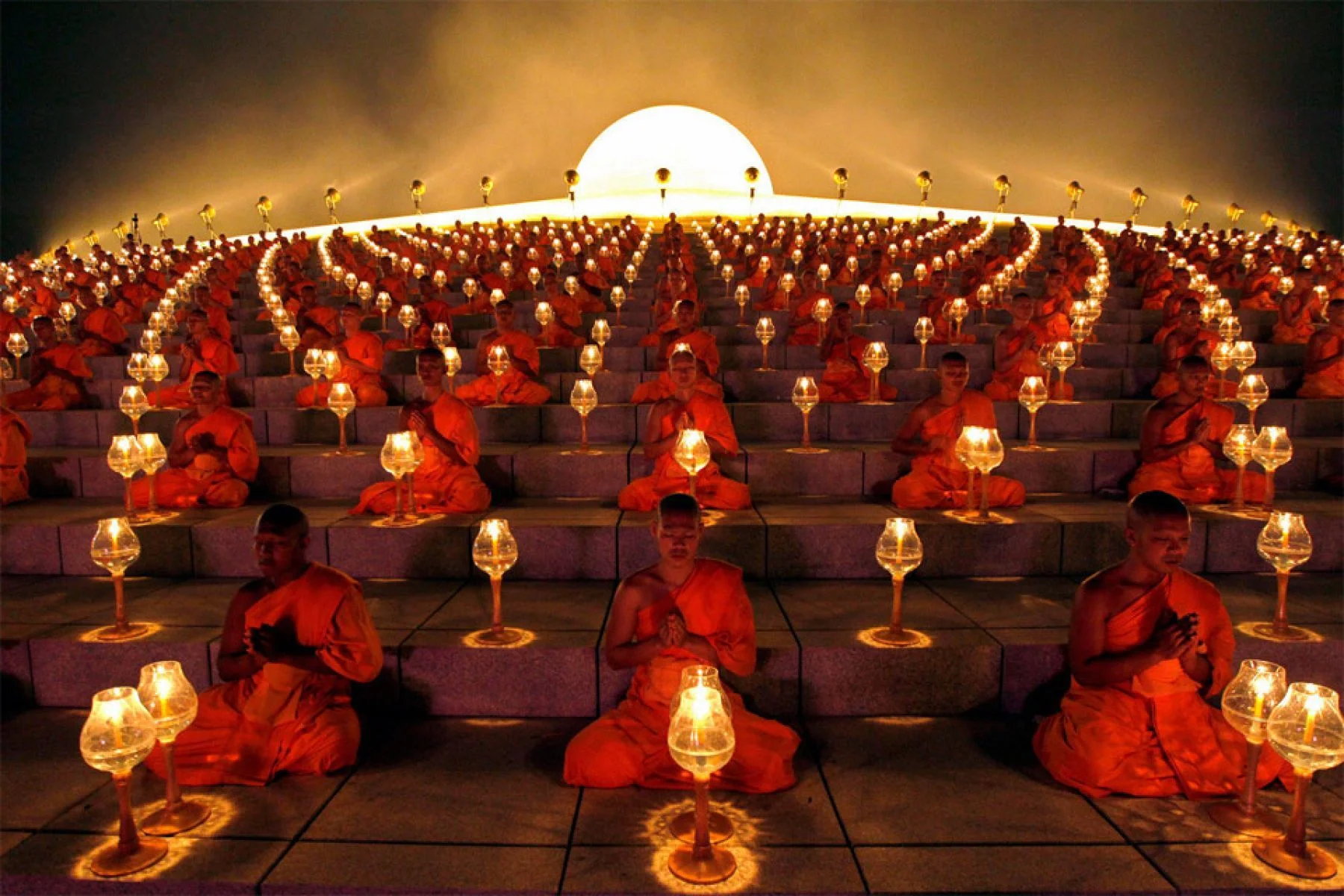
In conclusion, Asanha Bucha and Buddhist Lent are both significant observances in Buddhism, with Asanha Bucha commemorating the Buddha's first sermon and the founding of the Sangha, while Buddhist Lent involves a three-month monastic retreat period focused on spiritual practice and reducing harm to living beings during the rainy season. Both events are observed with devotion and reverence by Buddhists in Theravada Buddhist countries.
It's important to note that the specific practices and activities during Asanha Bucha and Buddhist Lent can vary depending on individual beliefs and traditions, as well as the specific customs of each temple in Phuket. These occasions hold great cultural and spiritual significance for the people of Phuket, and they are observed with reverence and devotion.
